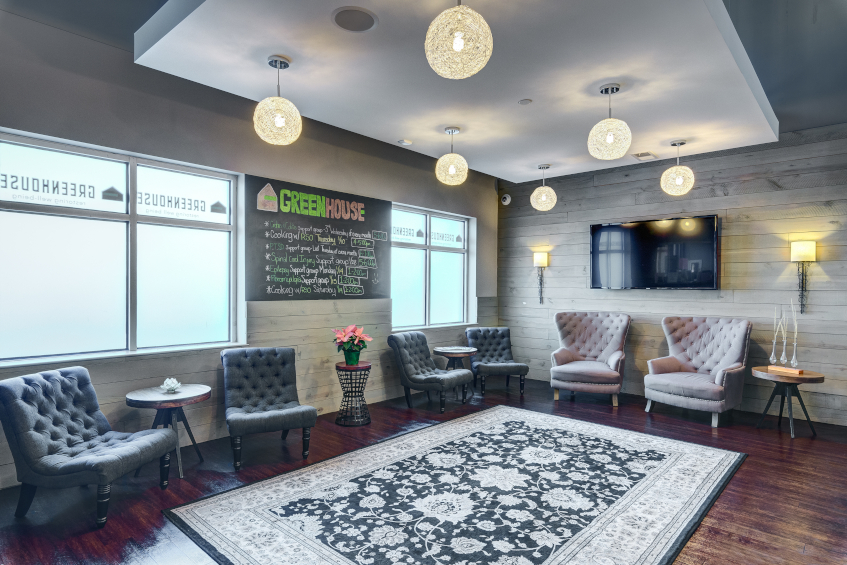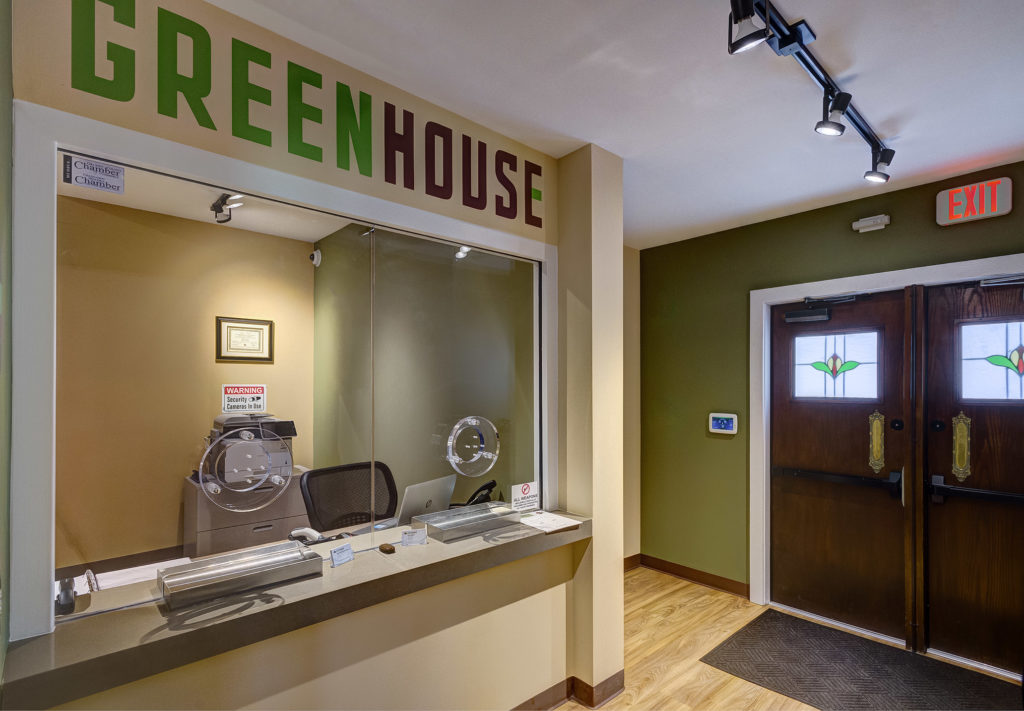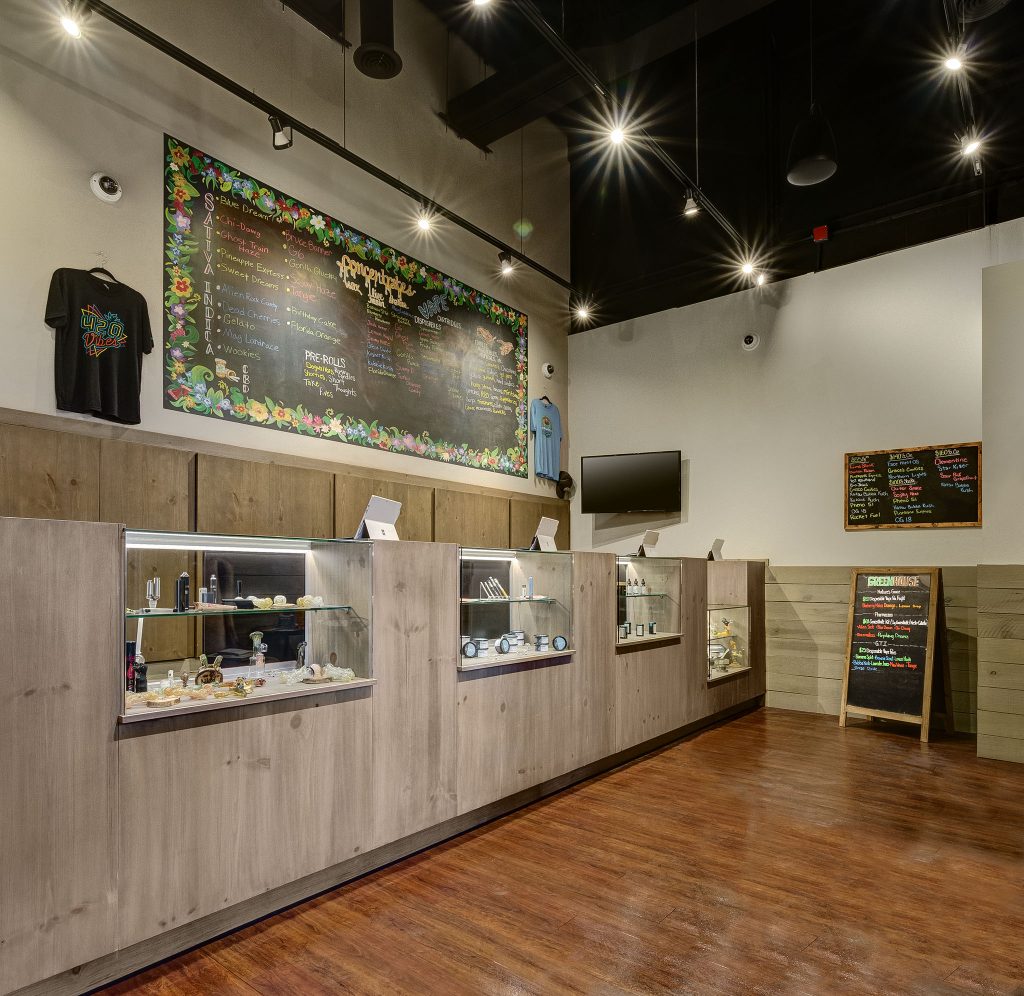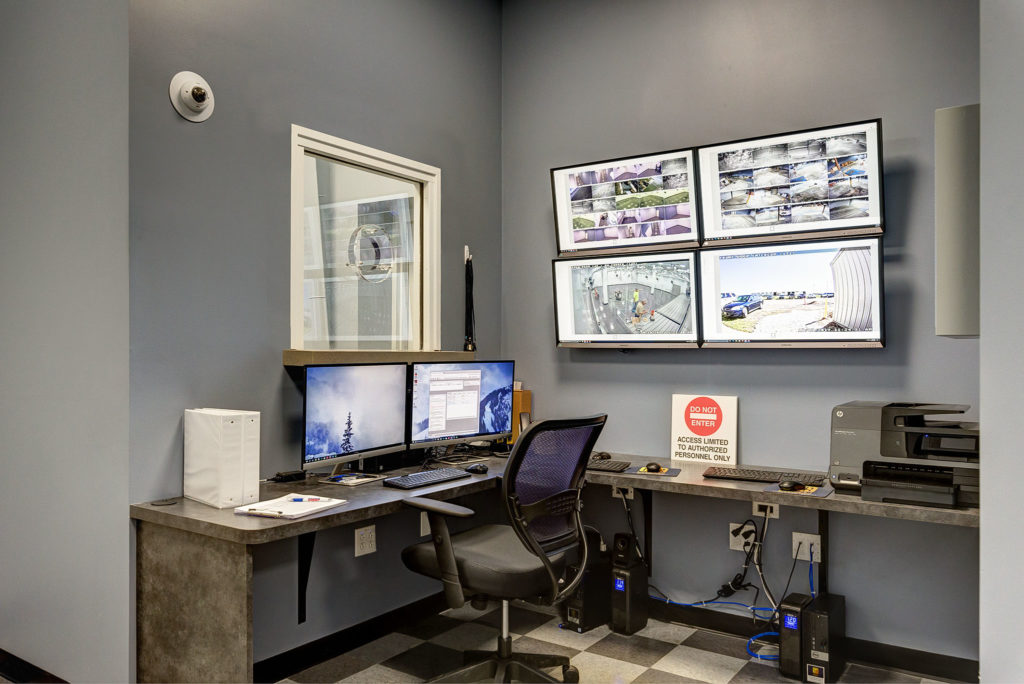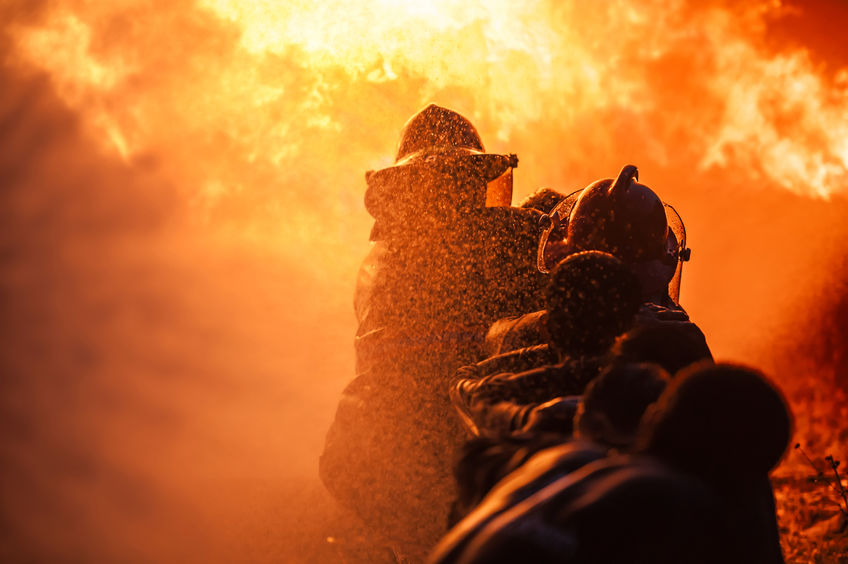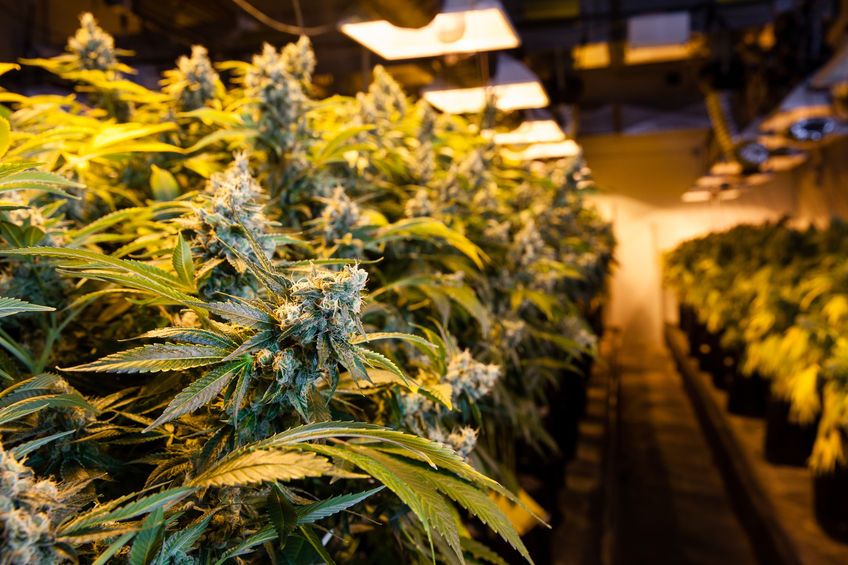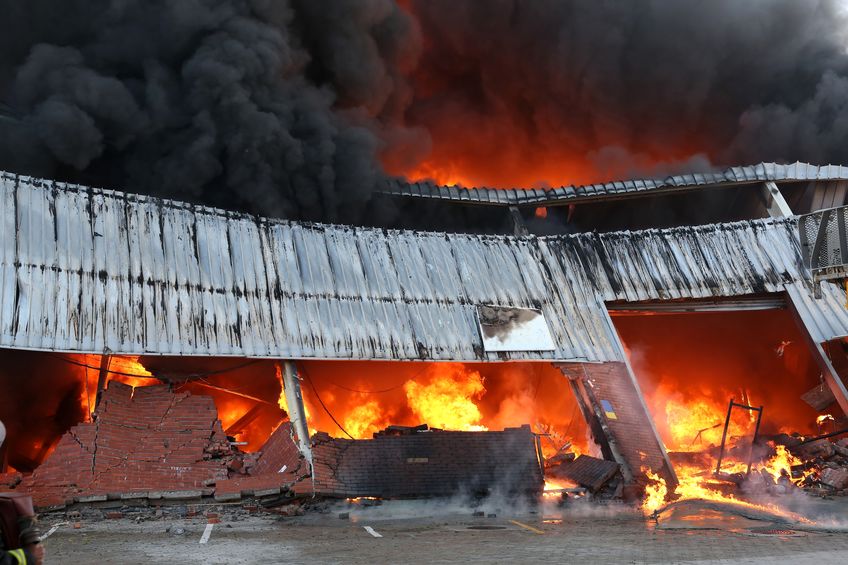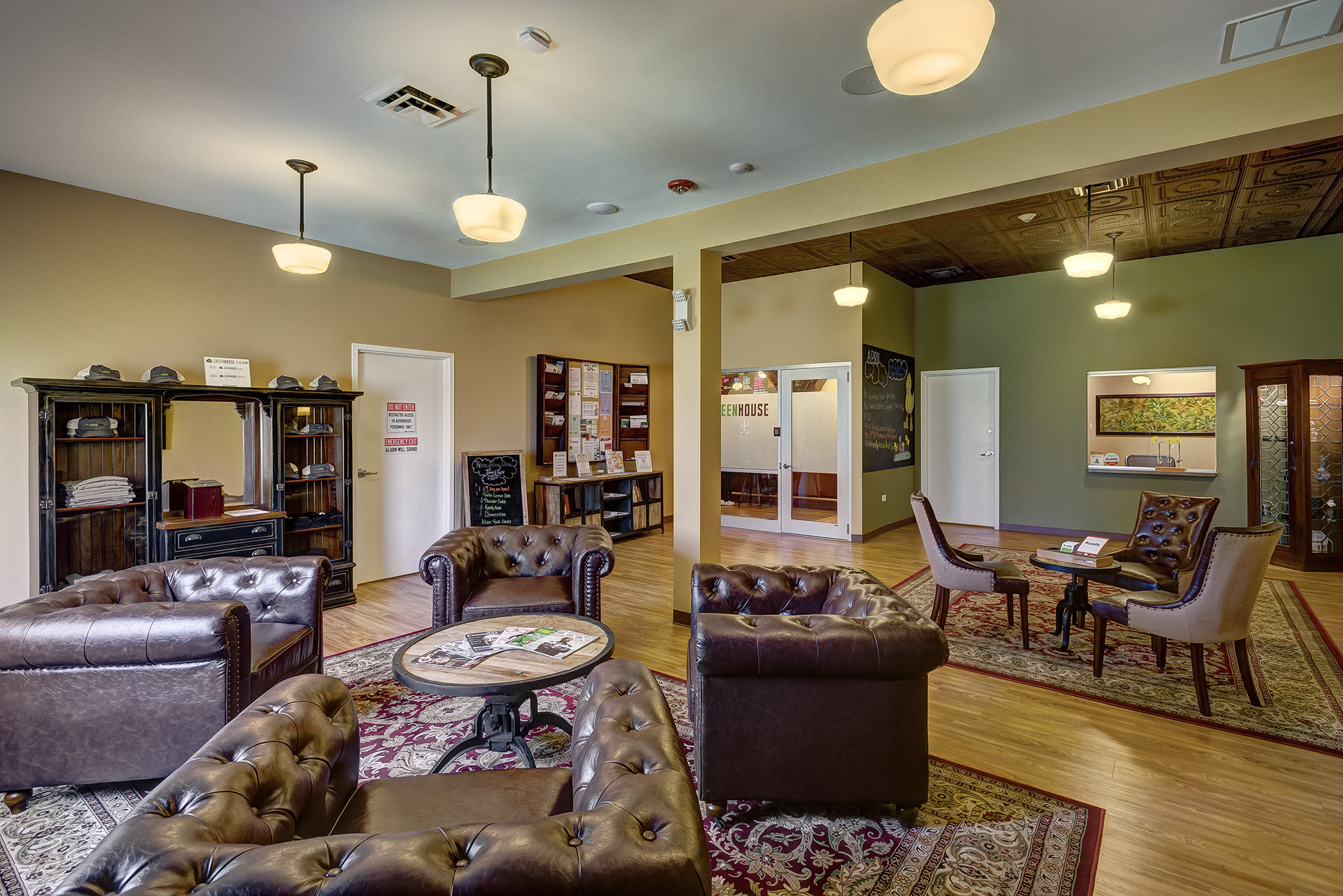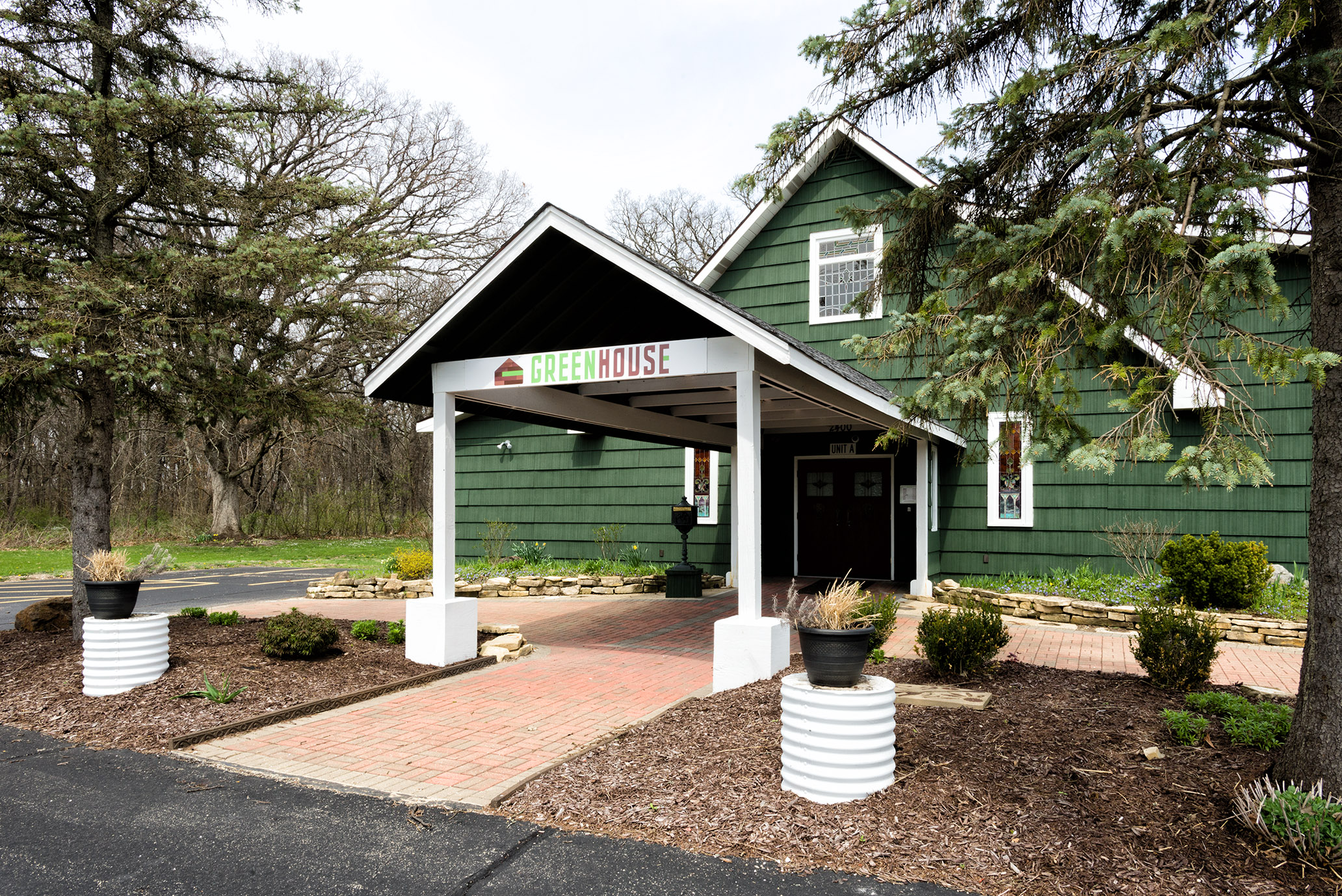Category: security
The Essential Staff of a Dispensary
Previously, we wrote about the essential staff of a cultivation facility, and now we turn our attention to dispensaries. Cannabis employment is exploding, and 2019 is projected to be a banner year for new-hires. The most in-demand jobs in medical and recreational markets are dispensary positions because these mostly customer-facing staff provide the greatest opportunity to interact with the general public.
General Managers
Consumers enter a dispensary for a transactional and educational experience with the expectation of receiving quality customer service. They survey the products, interact with staff, and either buy or take a pass. It sounds simple, but behind the counter and the scenes it’s much more complex, and it starts at the top with the general manager. This crucial position oversees all functions and operations of a dispensary from interacting with vendors, dealing with law enforcement, and managing inventory to handling returns and of course, hiring, managing, and training budtenders and other staff. Certain medical dispensaries require general managers to be physicians, nurses, or pharmacists.
Budtenders
Budtenders play a critical role in creating a positive customer experience.Consumers, especially those new to cannabis, have lots of questions: What’s the difference between indica and sativa? What strain do you recommend for this or that? How is CBD oil different than oil with CBD and THC? What are tinctures? Budtenders spend the majority of their days working face-to-face with customers and providing knowledge and advice about cannabis products.
Administrative Staff Without people streamlining office functions, a dispensary would fail. Administrative staff are the unsung heroes that ensure dispensaries operate as well-oiled machines. They answer phones, handle customer inquiries, verify medical cannabis cards, and maintain patient records, among other duties.
Cannabis is the fastest growing industry in the country, expanding at an annual rate of 28 percent and expected to reach a value of $146 billion by 2025
Security
There are efforts on the federal level to ease banking restrictions on cannabis businesses, most notably the States Act, but cannabis still remains a cash-only business. As such, dispensaries need physical security to protect assets while not scaring off customers. “While security is a tough game, you don’t want to set a tough tone between your security guard and cannabis consumer,” according to Marijuana Retail Report. “Work with your security staff to ensure that they embrace and understand the customer experience you are developing in-store. Since they are the first point of contact, ensure that they are helping consumers feel welcome and invited, yet are able to maintain a zero-tolerance stance on any customer activities that could present a perceived threat to your dispensary, staff and other customers.”
Conclusion
Cannabis is the fastest growing industry in the country, expanding at an annual rate of 28 percent and expected to reach a value of $146 billion by 2025. To keep up with the demand, not only does more product need to be cultivated, but it has to be sold to consumers. It takes the skill and knowledge of essential dispensary staff to keep these businesses running.
Fire Proofing Your Cannabis Facility
Earlier this year, Politico published a story on the outbreak of fires and explosions at Cannabis extraction facilities. It documented 10 incidents over the last five years where hash oil was being extracted. The reporting shed light on the risks involved in the process: “Extracting hash oil from cannabis is dangerous because typically it requires pouring highly-flammable butane or some other volatile solvent into a cannabis-filled pipe,” according to the story.
These accidents, sometimes deadly, serve as a cautionary tale for one of the fastest growing industries in the country. As Politico notes, “…labor unions complain that state governments are moving too swiftly to license producers, outpacing the states’ ability to inspect production facilities for potential safety violations.”
We’ve previously written about the significance of physical and cyber security for cannabis businesses, and here we discuss the importance of fire proofing your cannabis facility.
Get Educated
In the rush to keep up with the demands of growing markets, cannabis facility owners need to take a step back and ensure they have safety protocols in place. This is especially challenging for two reasons: 1) safety compliance is determined at the state level since cannabis remains federally illegal, and 2) “Most of the states where marijuana is legal offer no safety and health guidance for the new industry,” according to Politico. “The National Institute for Occupational Safety and Health, which researches work-related injury and illness, has conducted only two hazard evaluations of legal marijuana facilities, neither of which focused on the extraction of hash oil.”
“Even in those states that do offer safety and health
guidance — Colorado, California, Michigan, Oregon,
and Washington — fire safety officials complain that
worker safety protections are often inadequate.”
Still, business owners can educate themselves and their employees by engaging with their local fire department so that they are in step with fire code, permitting, and inspections.
Speaking of which…
Seek Permits and Inspections
Mark de Souza, CEO of Chicago-based Revolution Enterprises, recently warned of the pitfalls of the cannabis industry’s growth outpacing regulation. “I have long thought the best way to help Illinois citizens deal with this change is to ensure the industry grows in tandem with the state’s ability to regulate it,” he wrote in Crain’s Chicago Business. “And by ‘regulate it,’ I mean ensure that its use remains safe…Creating a new and unregulated market overnight—in a business that some citizens find unusual and scary—seems the easiest way to ensure its failure.”
An area related to this concern is acquiring the requisite permits and scheduling routine inspections to protect facilities. In the last year, the National Fire Protection Association (NFPA) updated its fire code to address these issues. Per Politico “The revised code requires any hazardous hash-oil extraction process to be performed in a non-combustible room, in a building that contains no child or health care facilities. Staff must be trained on safe operation of the extraction equipment, and the extraction room must be equipped with a gas detection system and multiple fire extinguishing systems.”
Utilize a Closed Loop System
Cannabis or hash oil extraction via a closed loop system is the safest method. Compared to open blasting, which uses flammable solvents, closed loop systems contain these in extraction cylinders. Open blasting, dangerous as it is, is not uncommon and has resulted in devastating accidents. In June of last year, an extraction facility in Millcreek, Utah exploded, and two people experienced severe burn injuries in Sonoma County, California while extracting hash oil by open-blasting. Closed loop is only safe if strictly adhered to. Marijuana Venture advises following the manufactures’ instructions for equipment to a T and being vigilant about every detail, like routinely tightening bolts on extraction cylinders.
Don’t Do it Yourself
Some cannabis facility owners and operators skirt safety and compliance checks to be operational faster. In addition to obviously violating the law, this can create hazardous conditions, especially where electrical systems are concerned.
“Where necessary, hire a professional,” advises Marijuana Venture. “Building, fire and electrical codes must be followed. Don’t overload the electrical panel. Don’t steal power from a nearby building. Be careful with wall construction. Pay attention to door sizes. And perhaps most importantly, everything should be properly permitted.”
Recourse
Cannabis businesses are on notice and have suffered financial and legal consequences. California and New Mexico’s occupational safety and health agencies issued fines of $50,470 and $13,500, respectively, against a cannabis manufacturer and processor for explosions that occurred at their facilities. Felony charges were brought against an Oregon business owner whose employees sustained burn injuries following an incident.
In addition to NFPA’s increased efforts, labor groups in states considering cannabis legalization are advocating that labor peace provisions requiring marijuana processors to ease the path to unionization be incorporated into legislation. Other states like Rhode Island and Arizona are weighing making extraction against the law altogether. Either way, there are enough resources and education to mitigate the risks of fire at your cannabis facility.
Four Ways to Keep Your Dispensary Safe Without Scaring Off Customers
During the Q&A session at a recent cannabis conference event, an audience member described her experience visiting a dispensary in Palm Springs. It felt daunting and uncomfortable, she said. There were several layers of obtrusive security, including multiple armed guards, and customers could only enter single file and one-at-a-time. You were buzzed into the entrance, waiting area, product room, and then upon exit. More than anything, she felt tense and as though she were doing something wrong.
There’s a fine line between security and customer comfort. In a predominantly cash-only business, protecting your staff, customers, and assets is paramount, but so is creating a positive customer experience. The good news is that you can have it both ways. Follow our recommendations from on how to keep your dispensary safe without scaring off customers:
Show That You’re Serious About Security
Dispensary-burglary is a primary safety concern for cannabis consumers. As dispensary owners, you can make your security presence known without it being in the customer’s face. Customers are there to shop, but they want protection, too. Be open about your security system by hiring security guards, posting visible signage, installing cameras at eye-level, and detailing your security protocols on your website.
Describe the Store Layout at Reception
Customers want to know what they’re walking into, so tell them. Whether they’re first-time or repeat customers, understanding the lay of the retail land can strengthen the customer journey. Train reception staff to provide customers with an overview of each part of the dispensary: explain the store layout and what they can expect to find in each space from the reception and waiting areas to the different sections of the shop. This is also a good time to note what security measures are in place. Remind customers that there is video surveillance and onsite security staff.
Ensure Your Security Staff is Customer-Friendly
Mountains of cash move in and out of dispensaries, and armed guards are often employed to stand watch and protect staff and customers. Security personnel carrying firearms can be intimidating. The last thing you want is for the first point of customer contact to obstruct the point of sale. Evan Hicks, Marketing Coordinator for Senseon Secure Access, a product of Accuride International, notes, “Because of marijuana’s history and, still, the stigma that exists in many communities, seeing a security guard can make customers feel skittish or even avoid coming in entirely…Many businesses opt for plain-clothes guards or guards with uniforms that mimic the rest of the in-store team.” Work with security to understand customer engagement, so they help create an inviting environment that also conveys to customers that safety is a top priority.
Make Your Space Visually Appealing
A dispensary that feels like a maximum security penitentiary, like the one described above, will not inspire loyal customers. The right design-build is critical and can make all the difference for customers to feel welcomed and relaxed. The Greenhouse in Morris, Illinois and Caliva in San Jose, California are great examples. A former restaurant remodeled into a dispensary, the Greenhouse features a reclaimed, 150-year-old bar that serves as the centerpiece of an open and comfortable space where visitors interact with budtenders and learn about the products. At Caliva (Business Insider’s Top Rated Dispensary, 2016), there is no bulletproof glass between customers and staff in the entrance, and the shop itself is designed with earthy tones and natural wood paneling.
The Bottom Line
Security weighs heavily on dispensary owners. They are tasked with meeting federal, state, and local security compliance requirements, while protecting all elements of their retail operations. Balancing safety and customer-engagement is challenging but can be achieved utilizing the best practices listed above.
